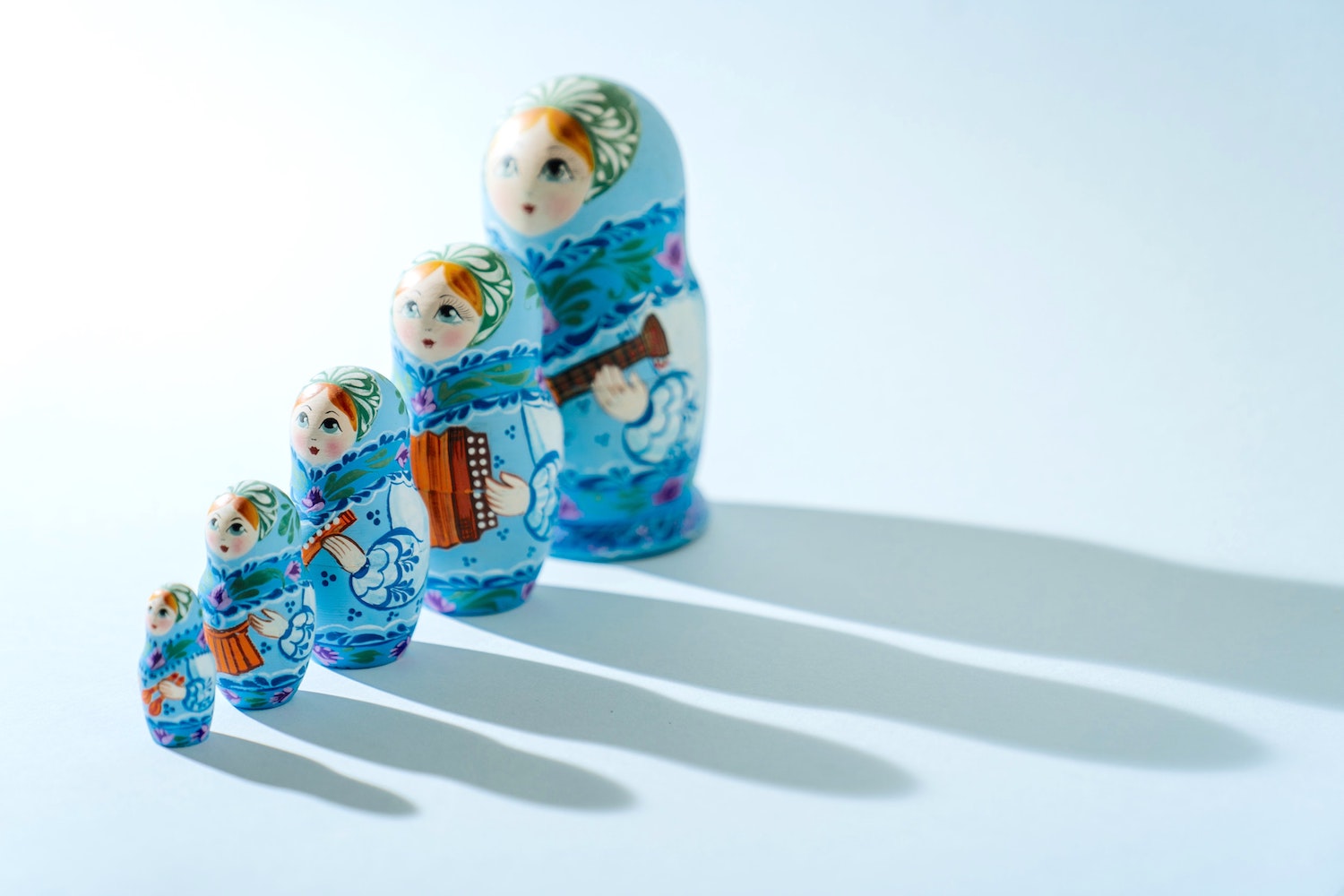By Ying Ying //
In 2013, when I learnt that my diagnosis was “brief psychotic disorder” I thought what are people going to think of me? Instinctively, I knew that the odds were stacked against me. During the initial stages of my rest and recovery, I shuddered at the idea of sharing my diagnosis with others. Time and again, local and international surveys showed that persons with mental illnesses are shunned professionally and socially. Why would I voluntarily share this personal information?
Like many people living with a mental health condition, I struggled with whether I wanted to disclose my condition to prospective employers. I wanted to be frank about my condition, because it has shaped me profoundly as a person. To omit this information about who I am seemed like living a lie, to myself and to others. Besides, what if my employer found out retrospectively that I had a mental health condition? Would I be accused of lying? What if I needed to take time off for my mental health? Even though the Tripartite Alliance for Fair and Progressive Practices has added guidelines preventing workplaces to ask for prospective workers’ mental health conditions only some time in Dec 2019, it was not backed by any legislative power until it was mentioned in Prime Minister Lee’s NDP rally in 2021.
We are still very far from Americans with Disabilities Act. Hence many people are still reluctant and fearful to disclosure, even today. I had no clue how to go about disclosure when I was first diagnosed in 2013. I made many mistakes along the way.
As an experiment, I tried disclosing and not disclosing to different employers. The former was more aligned with my values.
// To me, disclosure was about how I wanted to relate to my employers and colleagues. This is a deeply personal choice that everyone with a mental health condition has to make. Like most personal choices, there are no clear cut rules, nor clear demarcation of right and wrong. It takes maturity, finesse and practice to deliver information about one’s condition.//
My honesty may have precluded my applications to certain workplaces, but for places that looked beyond my diagnosis, I managed to weave my lived experience into my everyday work in an impactful manner.
Practicalities aside, disclosure of one’s mental health issues to someone who understands brings about healing and self-acceptance.
My personal encounter with psychosis has taught me that going through this illness has a way of dehumanizing one’s sense of self. My self-identity had to be rebuilt piece by piece. One way to go about it is to make sense of one’s psychotic experiences in a safe environment. A crucial aim of such exercises is to separate one’s psychosis from one’s self. I am not saying that everyone should start disclosing their history of mental health issue(s) to everyone they meet. The process of rebuilding one’s identity post-psychosis requires skill and sensitivity. It takes discernment to decide who to entrust this information with. Maturity and compassion are key virtues much needed on the receiving end of such information.
Thinking about our self-identity in terms of Russian dolls is useful when making decisions about disclosure. The largest doll represents what we show others on a daily basis—our exterior, unique qualities, and strengths and abilities. The smallest doll is like our innermost, vulnerable self, the one that does not get exposed much to others. The tiny doll is protected by the larger dolls on the outer layers. Each doll, of varying size, is complete in and of itself, yet belongs to a larger whole. Not showing our little dolls does not make us any less authentic. In suitable spaces, bringing out our little Russian dolls—or more vulnerable selves—can serve to connect us with other people. Every doll is unique, beautiful, and valuable. Together, they symbolise the wonderful complexity of what it means to be human.
When I decided to work as a peer support specialist (PSS) at the Institute of Mental Health (IMH) in 2016, I had been on many public platforms sharing my lived experience with schizophrenia. I have no regrets playing my part in advocating for the cause of mental health. Yet, I wished that someone had sat me down and told me what to expect, that the kind of broadcasting that I did would stay on the Internet, that I was going to meet reporters of all sorts, that the limelight I was thrust into would invite both envy and scepticism from some of my colleagues. It felt like a lot to live up to. So when a work-related burnout caused a relapse, it was very difficult for me to seek help in a timely manner. After all, I was supposed to be the “helper”. Again, I thought what are people going to think of me? I learnt the hard way that the people who matter won’t mind, and the people who mind don’t matter.
Disclosure is built on mutual trust and respect. I am grateful to have found a niche at IMH’s research department today and have been given opportunities to integrate my lived experience into my everyday work. I realised only in hindsight that I would not be doing what I do today if I had not chosen to disclose my condition. The cards that I was dealt with in life did not matter as much as how I chose to play them. I did not choose schizophrenia, but I chose to make the most of it.
Ying Ying is born and bred in Singapore, but have spent her formative years in Europe to obtain her degrees in neurobiology. Today, she makes a living as a mental health researcher in Singapore. She enjoys having coffee with friends, and walking in parks to catch the sunset. She believes that she can make a difference in her community by sharing one story at a time.
Read more of our Tapestry Stories here.

